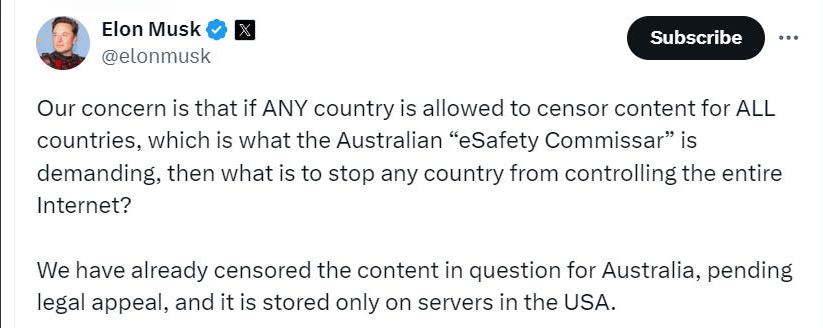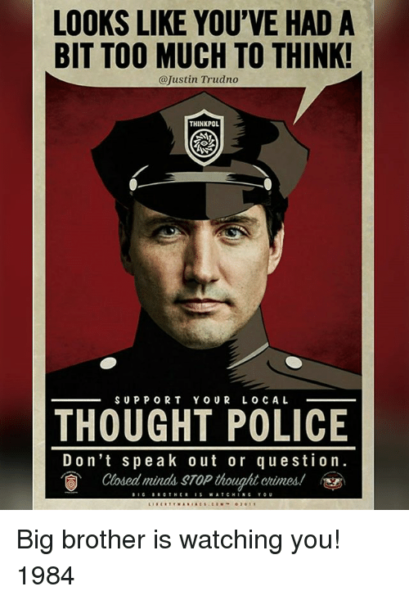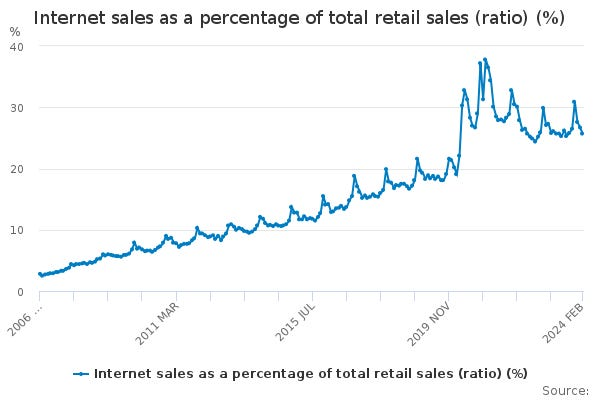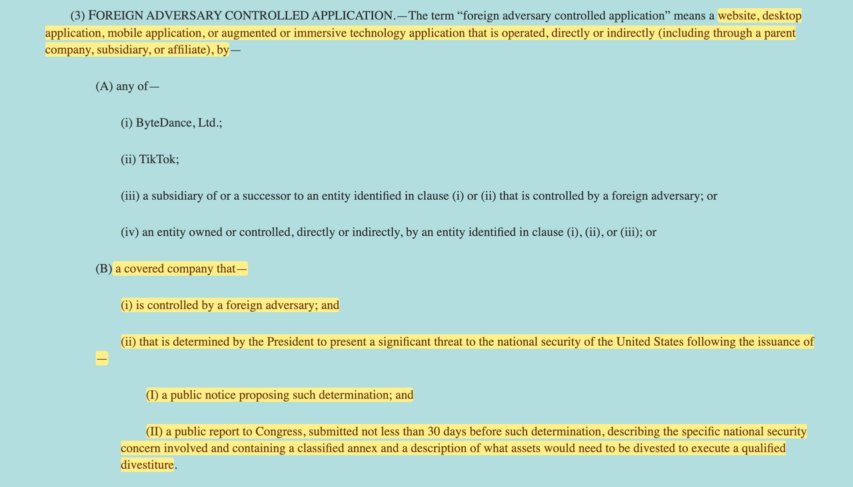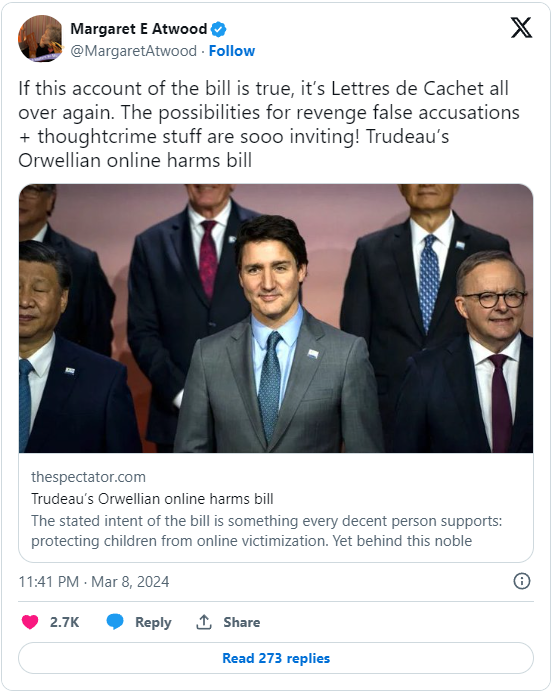At Postcards from Barsoom, John Carter outlines the definitions for the way wars have been waged from pre-history down to today:
Warfare is fundamentally about breaking the enemy’s will to fight. This can be done with violence, or without it – before the fight even starts, through raw intimidation. Working from this understanding, military theorists have divided the history of warfare into five generations.
First Generation Warfare, abbreviated 1GW, was war as it was waged from the dawn of civilization up through roughly the Civil War. This style of conflict involved massed line infantry, equipped with spears, pikes, swords, or line-of-sight ranged weapons such as longbows, crossbows, or muskets. The basic tactic was to draw up two large groups of armed men, bring them into close contact, and have them hack at one another until one side grew demoralized by the slaughter, at which point their line would break and the real slaughter could begin.
These defined “generations” of war apply only to states, as Bret Devereaux described warfare before states (and between early states and non-state groups) this way:
The oldest way of war was what Native North Americans called – evocatively – the “cutting off” way of war (a phrase I am borrowing from W. Lee, “The Military Revolution of Native North America” in Empires and Indigines, ed. W. Lee (2011)), but which was common among non-state peoples everywhere in the world for the vast stretch of human history (and one may easily argue much of modern insurgency and terrorism is merely this same toolkit, updated with modern weapons). The goal of such warfare was not to subjugate a population but to drive them off, forcing them to vacate resource-rich land which could then be exploited by your group. To do this, you wanted to inflict maximum damage (casualties inflicted, animals rustled, goods stolen, people captured) at minimum risk, until the lopsided balance of pain you inflicted forced the enemy to simply move away from you to get out of your operational range.
[…]
We may call this the first system of war. It is the oldest, but as noted above, never entirely goes away. We tend to call this style “asymmetric” or “unconventional” war, but it is the most conventional war – it was the first convention, after all. It is also sometimes denigrated as primitive, but should not be judged so quickly – first system armies have managed to frustrate far stronger opponents when terrain and politics were favorable.
That (important, IMO) digression aside, back to John Carter’s definitions:
Industrial or Second Generation Warfare (2GW) brought rifled firearms, machine-guns, and indirect artillery. Men could now be killed at a great distance, without ever seeing the enemy. Camouflage, concealment, and cover became the keys to victory. Its heyday was roughly from the Civil War to the Great War.
Mechanized warfare or 3GW arrived with the internal combustion engine and powered flight. Tactics now depended on speed and manoeuvrability. It dawned with the Second World War and reached its apogee with the invasion of Iraq.
Mechanized warfare created an overwhelming advantage for large industrial states. Small states and non-state actors responded with 4GW, which can be thought of as televisual warfare – combat via propaganda. This is war as fought with cameras and media distribution networks. It is guerrilla warfare via weaponized morality: using the enemy’s own military actions against it by showing the consequences of war for one’s civilian population to the enemy civilian population. Bait the enemy into killing babies, then ask them how many more babies they’re willing to murder. Think Vietnam, Afghanistan, Iraq.
The response to 4GW is 5GW – warfare by psyop, utilizing misinformation and sentiment engineering. Its characteristic weapons platform is the social network. Where 4GW seeks to use the enemy’s own morality against it, 5GW seeks to change that morality, to transform the enemy’s inner nature, getting the enemy to attack themselves for you, to surrender with open arms and smiles on their faces … ideally, without the enemy even realizing that they’re under attack.
An excellent introduction to the 5GW campaign that is being waged against us as we speak was provided by Tucker Carlson’s interview with Mike Benz. Robert W Malone MD, MS has provided it on his blog, complete with transcript: The End of Democracy: “What I’m Describing is Military Rule”. This is worth watching in full. It provides a cogent, lucid description of what’s been happening to our precious networks over the last decade.
Benz argues that until 2014, a free and open Internet was seen by the Western spook state as a powerful tool of foreign policy. Uncensorable many-to-many telecommunications networks could be leveraged to foment and guide colour revolutions against “authoritarian” regimes, meaning any country that was not yet fully on board with the rules-based international new world order of post-Cold War liberal democracy. Thus, in the early oughts we saw the 2003 Rose Revolution in Georgia, the 2004 Orange Revolution in the Ukraine, the 2005 Tulip Revolution in Kyrgyzstan, and the 2005 Cedar Revolution in Lebanon. The subsequent development of social media platforms such as Facebook and Twitter in the mid-oughts, followed by their rapid, mass global adoption, set the stage for these tactics to be taken to the next level, with the Arab Spring spreading across the Middle East in the early 2010s, toppling governments in Tunisia, Egypt, Libya, and Yemen, and destabilizing Morocco, Iraq, Algeria, Lebanon, Jordan, Kuwait, Oman, Sudan, and especially Syria.
The zenith of this strategy as an offensive foreign policy implement came in 2014, when the Euro-Maidan protests unseated the elected government of Ukraine, prizing the post-Soviet rump state away from the political orbit of Mother Russia.
Russia responded to America’s 5GW triumph in Ukraine immediately, swooping in and annexing the Crimean peninsula. Russia’s geopolitical imperative was clear – no Crimea, no access to the Black Sea – as was its moral justification, the population of the Crimea being almost entirely ethnically Russian. There was also a democratic justification: the Crimean populace held a referendum, and chose overwhelmingly to rejoin their traditional homeland, rather than remain at the tender mercies of the dubious new regime in “Keev” and its Neo-Nazi battalions.
NATO didn’t buy the referendum results at all. Having spent the last two decades knocking over one country after another by destabilizing their governments with carefully orchestrated popular uprisings, their assumption was that the FSB had finally figured out how to play the game. That meant that an open Internet was now a strategic vulnerability: if Moscow could brainwash adjacent populations into rejecting the obvious superiority of the Hegemony at the End of History, maybe they could do the same to the West’s domestic populations1.
The next few years provided apparently abundant justification for the Regime’s paranoia: Brexit; Trump, Bolsonaro, and most recently Milei; populist opposition to the European migrant invasion; repeated failures to gather support for an invasion of Syria (while Russia was defending the Assad government); stubbornly persistent, widespread skepticism towards both the supposed scientific consensus regarding climate change, as well as the policies supposedly intended to prevent it; and most recently, the push-back against the pharmaceutical and non-pharmaceutical interventions mandated in the name of mitigating SARS-CoV-2. In each case the mantra from the Regime has been the same: failures on the part of the consumer-residents of Western states to show appropriate enthusiasm for the Regime’s preferred policies and favoured political candidates could not possibly be organic, but could only be explained as results of misinformation seeded by Russian influence operations, Putler’s troll farms hacking Our Democracy with bot swarms.
The Regime responded with the Great Shuttening.
1. Benz doesn’t mention it, but Occupy Wall Street was probably the establishment’s first “oh shit” moment regarding the politically disruptive potential of social media. It came out of nowhere, within no time at all it was everywhere, and it brought together a broad spectrum of malcontents across traditional ideological boundaries. Occupy is left-coded now, so people forget that in its gestational phase tankies and anarcho-syndicalists were marching alongside End-the-Fed Ron Paulists and techno-libertarians, all of them united against the extractive criminality of Wall Street and its cozy, too-big-to-fail relationship with FedGov. The Regime put the uprising down in short order, and then opportunistically hijacked the movement’s cultural momentum to inject Woke into the everyone’s veins. That said, it should not be ruled out that Occupy was not spontaneous: it’s possible that it was a 5GW op from the beginning, intended to harness popular outrage against the bailouts following the real estate implosions, and direct it towards popularization of the race communism that took over the West over the past decade.

